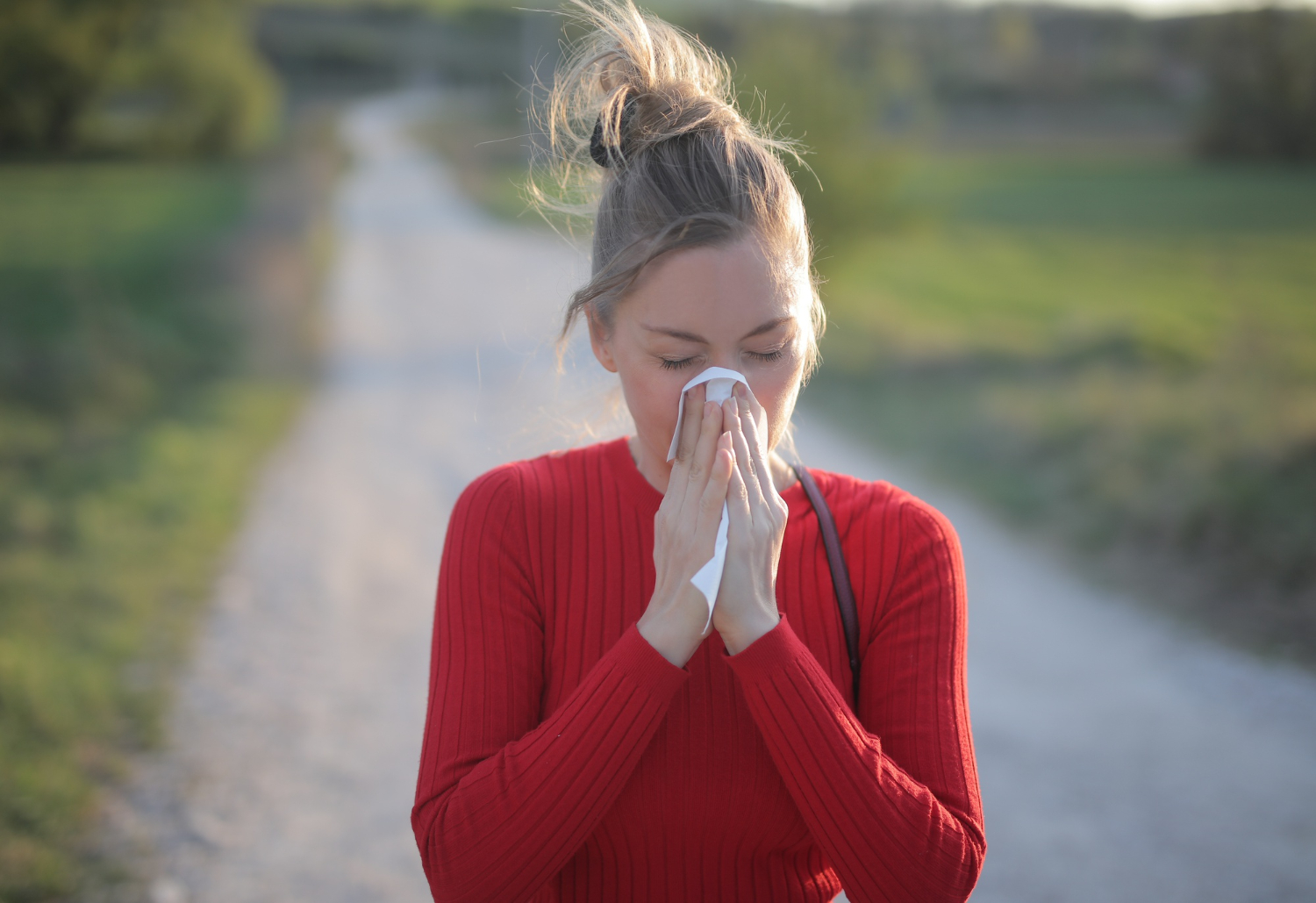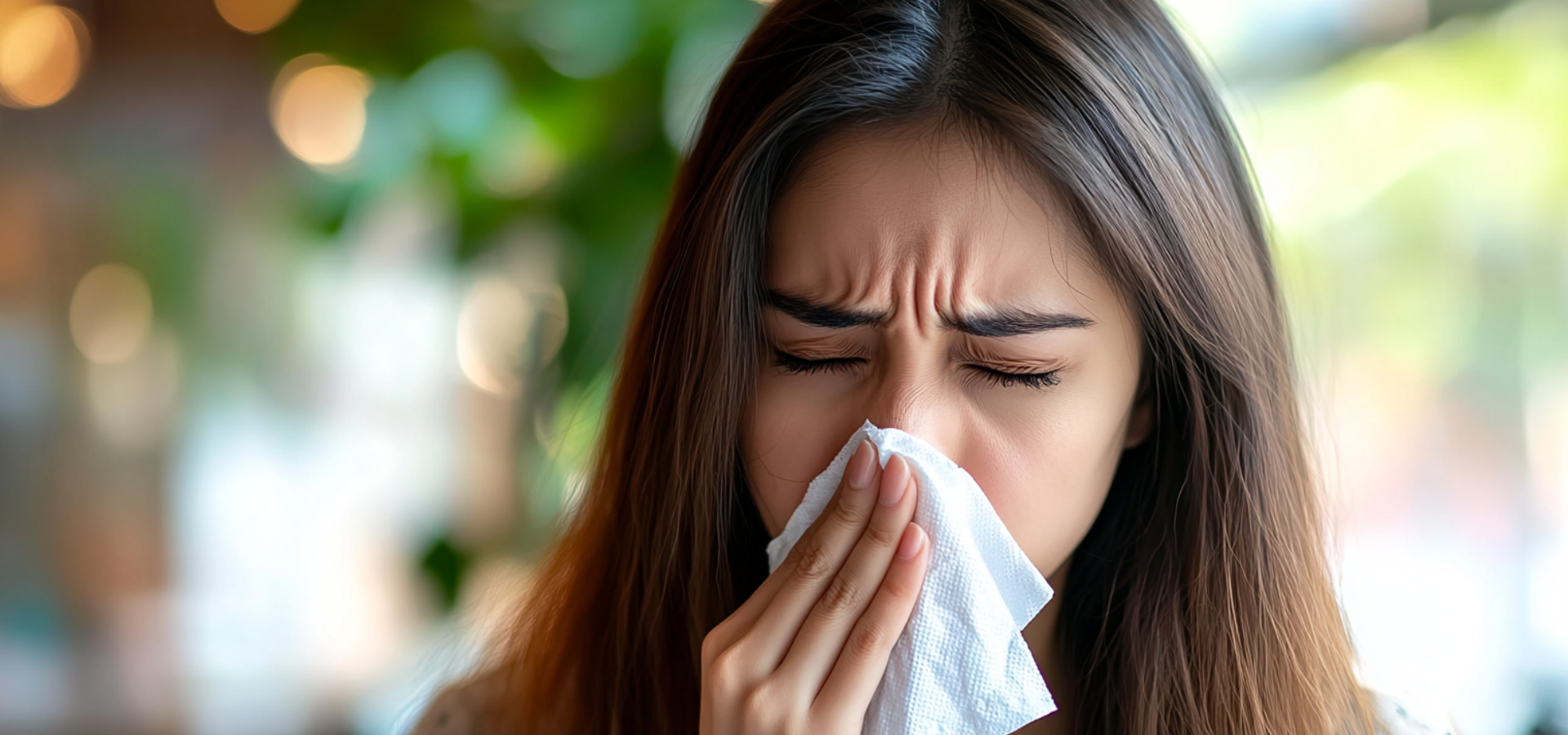
Can Ragweed Allergy Cause a Sore Throat?
Ragweed allergy is a common condition that affects many individuals, particularly during the late summer and early fall months. This type of allergy is triggered by the pollen released by ragweed plants, causing a range of symptoms that can significantly affect one’s quality of life.
While the most commonly associated symptoms of ragweed allergy are sneezing, nasal congestion, and itchy eyes, many people wonder whether this allergy can also cause a sore throat.
This article will explore the relationship between ragweed allergy and sore throat symptoms, shedding light on how these two conditions may be interconnected.
Understanding Ragweed Allergy
Ragweed is a flowering plant found in various regions, and its pollen is a potent allergen.
When individuals with ragweed allergy come into contact with ragweed pollen, their immune system releases histamines and other chemicals, triggering an allergic response.
This immune response primarily targets the respiratory system, leading to the classic symptoms associated with ragweed allergy.
Ragweed Allergy Symptoms
Typical symptoms of ragweed allergy include
Sneezing
Many individuals with ragweed allergy experience frequent sneezing, which can be persistent and disruptive.
Nasal Congestion
Ragweed pollen can cause the lining of the nasal passages to become swollen and inflamed, resulting in a stuffy or congested nose.
Runny Nose
Excess mucus production is a common response to ragweed pollen, leading to a runny or drippy nose.
Itchy or Watery Eyes
Ragweed pollen can irritate the eyes, causing itchiness, redness, and excessive tearing.
Can Ragweed Allergy Cause a Sore Throat?
While a sore throat is not typically considered a primary symptom of ragweed allergy, it can be a secondary effect.
The inflammation caused by the immune response triggered by ragweed pollen can extend beyond the nasal passages and affect the throat, leading to a sore or scratchy sensation.
This secondary symptom is more likely experienced by individuals with pre-existing throat sensitivity or those with a more severe allergic reaction.

Factors Contributing to Sore Throat
Several factors can contribute to the development of a sore throat in individuals with ragweed allergy
Postnasal Drip
Ragweed allergy can cause excessive mucus production, which may drip down the back of the throat, irritating the tissues and resulting in a sore throat.
Throat Inflammation
The immune response triggered by ragweed allergy can cause inflammation in the throat, leading to discomfort or pain.
Coinciding Infections
Allergies can weaken the immune system, making individuals more susceptible to respiratory infections. A sore throat may be present if a bacterial or viral infection accompanies ragweed allergy.
Seeking Relief
If you experience a sore throat along with ragweed allergy symptoms, there are several steps you can take to alleviate the discomfort.
Stay Hydrated
Drink plenty of fluids, such as water or warm herbal tea, to soothe the throat and keep it moist.
Gargle with Saltwater
Mix half a teaspoon of salt in warm water and gargle with the solution to reduce throat inflammation and provide temporary relief.
Use Over-the-Counter Remedies
Over-the-counter pain relievers or throat lozenges may help alleviate the sore throat symptoms. Follow the instructions and consult with a healthcare professional if necessary.
Manage Allergy Symptoms
Addressing your ragweed allergy symptoms, such as nasal congestion and postnasal drip, can indirectly reduce throat irritation through appropriate medications or nasal rinses.
Diagnosis and Treatment

If you are concerned about your symptoms or if they persist or worsen, it is always advisable to consult a healthcare professional for a proper evaluation and personalized treatment plan.
Frontier Allergy is a specialized allergy clinic that offers comprehensive evaluation and treatment options for various allergic conditions, including ragweed allergy.
Frontier Allergy may perform allergy testing to confirm ragweed allergy and identify other potential allergies. Skin prick tests or blood tests, such as specific IgE testing, can help determine the specific allergens causing your symptoms.
Medications
Depending on the severity of your symptoms, we may prescribe or recommend over-the-counter medications to help alleviate your ragweed allergy symptoms.
These may include:
Antihistamines
Oral antihistamines can help relieve itching, sneezing, and runny nose associated with ragweed allergy.
Nasal Steroids
Intranasal corticosteroid sprays can reduce nasal congestion, inflammation, and postnasal drip.
Decongestants
Short-term use of decongestant nasal sprays or oral decongestants can help temporarily relieve nasal congestion.
Eye Drops
Doctors may recommend antihistamine eye drops if you experience itchy, red, or watery eyes.
Immunotherapy
Doctors may offer immunotherapy as a long-term treatment option for ragweed allergy. Immunotherapy can be administered through allergy shots (subcutaneous immunotherapy) or sublingual tablets/drops (sublingual immunotherapy).
These treatments gradually expose you to increasing amounts of ragweed allergens, desensitizing your immune system and reducing the severity of your allergic reactions.

Written/Reviewed by: Dr. Neha Reshamwala
NPI number: 1780874578
Page last reviewed: 06/16/2025


 All blog posts
All blog posts





